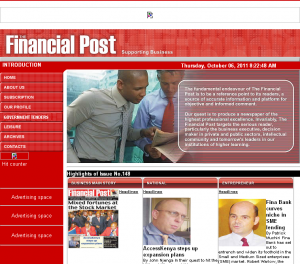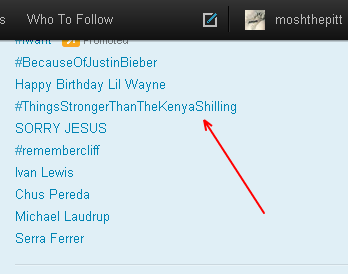What is WordPress? WordPress is a content management system (CMS). In simpler terms, WordPress is software that is used to create websites and manage them. Such software makes both the creation and management of a website simpler and better.
WordPress, in particular, is so good that it is used to power 14.7% of the top one million world’s biggest websites. In the USA, WordPress has been used to create and manage 22% of all new websites in the year 2011. Clearly, WordPress is the one of the biggest and most widely used CMS. (Source of statistics).
Are you using WordPress for your own website? Why not? If the very very biggest websites use it, it means it is world-class, right? Well, you can use the same world-class software for free right now: www.wordpress.org
Our own DukaPress is an e-commerce engine for WordPress. i.e. we enable you to quickly and easily create an online shop using WordPress and DukaPress.
This year, Kenya will host East Africa’s first WordCamp: WordCamp Kenya 2011. This will be an informal conference about WordPress. It is your golden opportunity to learn why WordPress is used to power nearly one-fifth of all the websites in the world.
It is your opportunity to meet bloggers, developers and businesses who thrive on WordPress.
Come and learn about blogging, online content publishing and how to make money from your WordPress blog/site or from WordPress itself.
Whatever you do, do not miss this.
More info: WordCamp Kenya 2011

